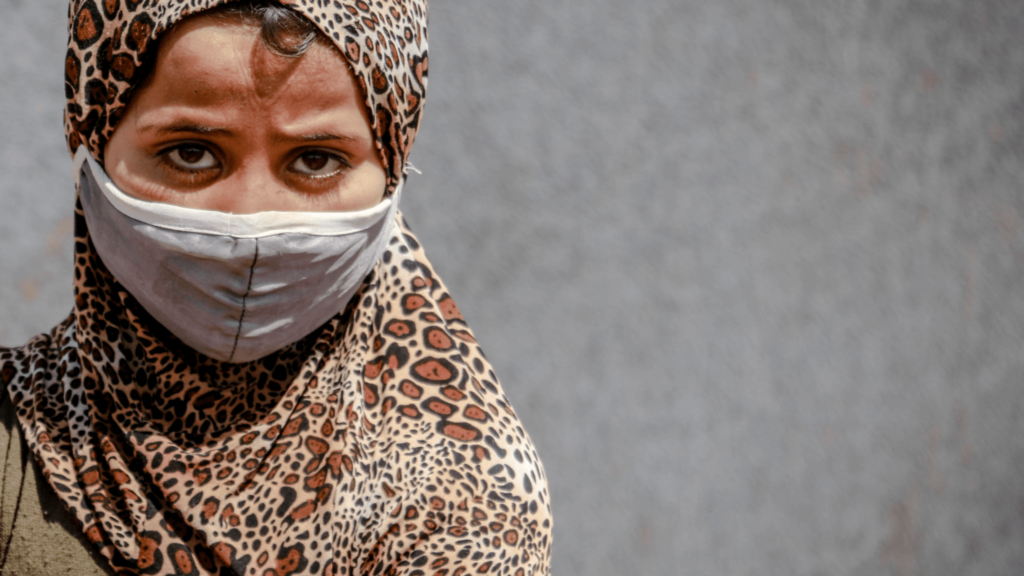The solutions: How we get them
We need to cultivate, amongst public, politicians, and media, a compassionate motivation to support and protect refugees.
Education
The key to a new approach will lie in education. This needs to include telling people about the reasons why people become refugees and the experiences they face. But even more fundamental, we need to remind people of some basic truths: our inalienable rights as humans and our responsibilities to others. We need to refer to and seek to enforce the international policies of the 1951 Refugee Convention, 1967 Protocol Relating to the Status of Refugees, and the 2018 UN Global Compact on Refugees.

Center the needs of refugees
We need to find new ways to bring refugees and people seeking asylum into the debate about policies which are meant to support them. This can be done through charities, NGOs, and by governments reaching out to and seeking engagement from refugees who have already arrived in their country.

Encourage more research into refugees
We need to diversify the research into refugees away from that focused on their impact on host nations towards their experiences and current condition. We need to better understand the prevalence of poverty, violence, and discrimination as well as the great potential that could come from supporting refugees – both for the refugees themselves and host nations.

Shift narratives
Politicians and the media in particular have a great responsibility in the way that they portray refugees and people seeking asylum. Their lives cannot be used to score political points. And if certain political leaders or media outlets won’t change the way they discuss the issue, the public must influence them – through boycotts, letters, and by the way they vote.

